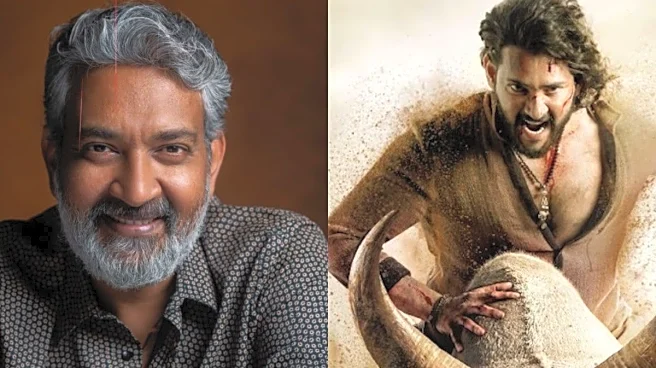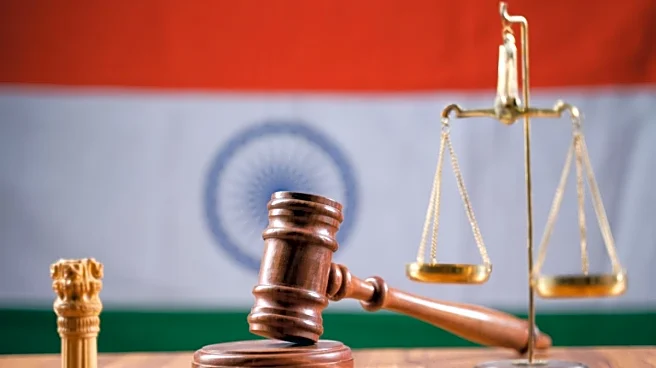Chief Justice of India (CJI) BR Gavai has raised an alarm over the heightened vulnerability of the girl child in the digital era, calling for urgent and specialised legal and institutional reforms to tackle escalating online threats.
Speaking at the National Annual Stakeholders Consultation on “Safeguarding the Girl Child”, organised by the Supreme Court’s Juvenile Justice Committee in collaboration with UNICEF India, the CJI emphasised that the dangers young girls face are no longer confined to physical spaces but extend into the “vast and often unregulated digital world”.
The CJI highlighted specific digital threats that have evolved in both scale and sophistication, including online harassment, cyberbullying, digital stalking, misuse of personal
data, and the proliferation of deepfake imagery. He stressed that technology, though empowering, has become a double-edged sword that poses new risks for the most vulnerable.
Justice Gavai underscored the need for immediate action, calling for the enactment of specialised statutes to address online sexual exploitation, digital trafficking, and cyber harassment. Crucially, he demanded the specialised training and sensitisation of law enforcers and decision-makers, including police officers, educators, health professionals, and local administrators, to equip them to respond to these new-age challenges with empathy and contextual understanding.
He asserted that “Protecting the girl child must become a core priority of digital governance”, ensuring that technological progress is accompanied by ethical safeguards. The CJI framed the issue as a matter of securing her dignity and spirit, quoting Rabindranath Tagore’s “Where the Mind is Without Fear” to emphasise that the nation’s vision remains incomplete as long as any girl lives in fear. The ultimate goal, he stated, is for technology to serve as a “tool for liberation rather than exploitation”.
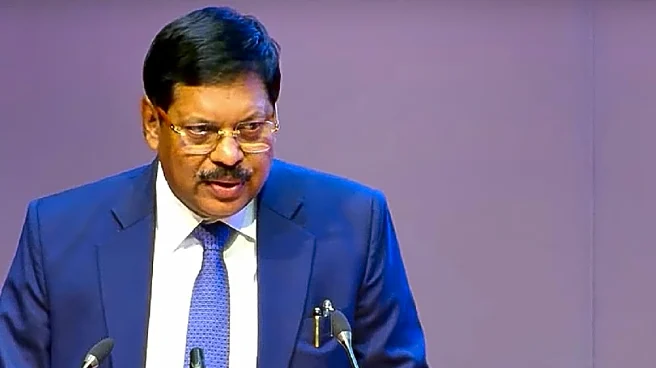



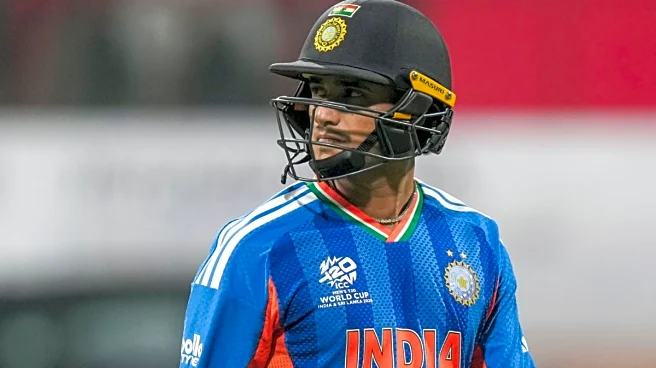
/images/ppid_a911dc6a-image-177100572282276854.webp)


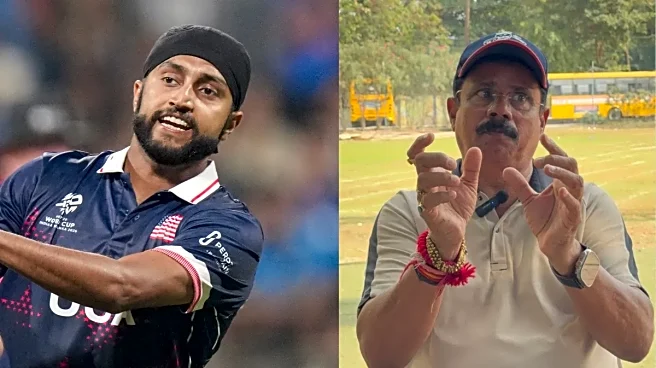


/images/ppid_59c68470-image-177100504592948655.webp)

